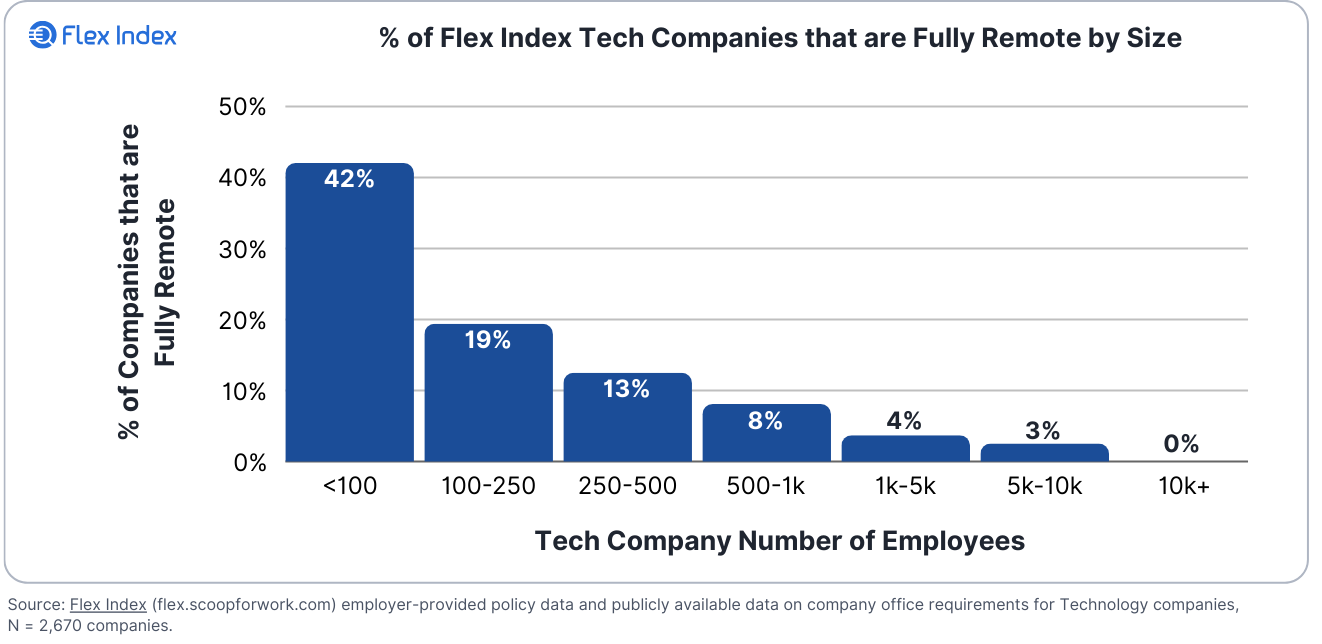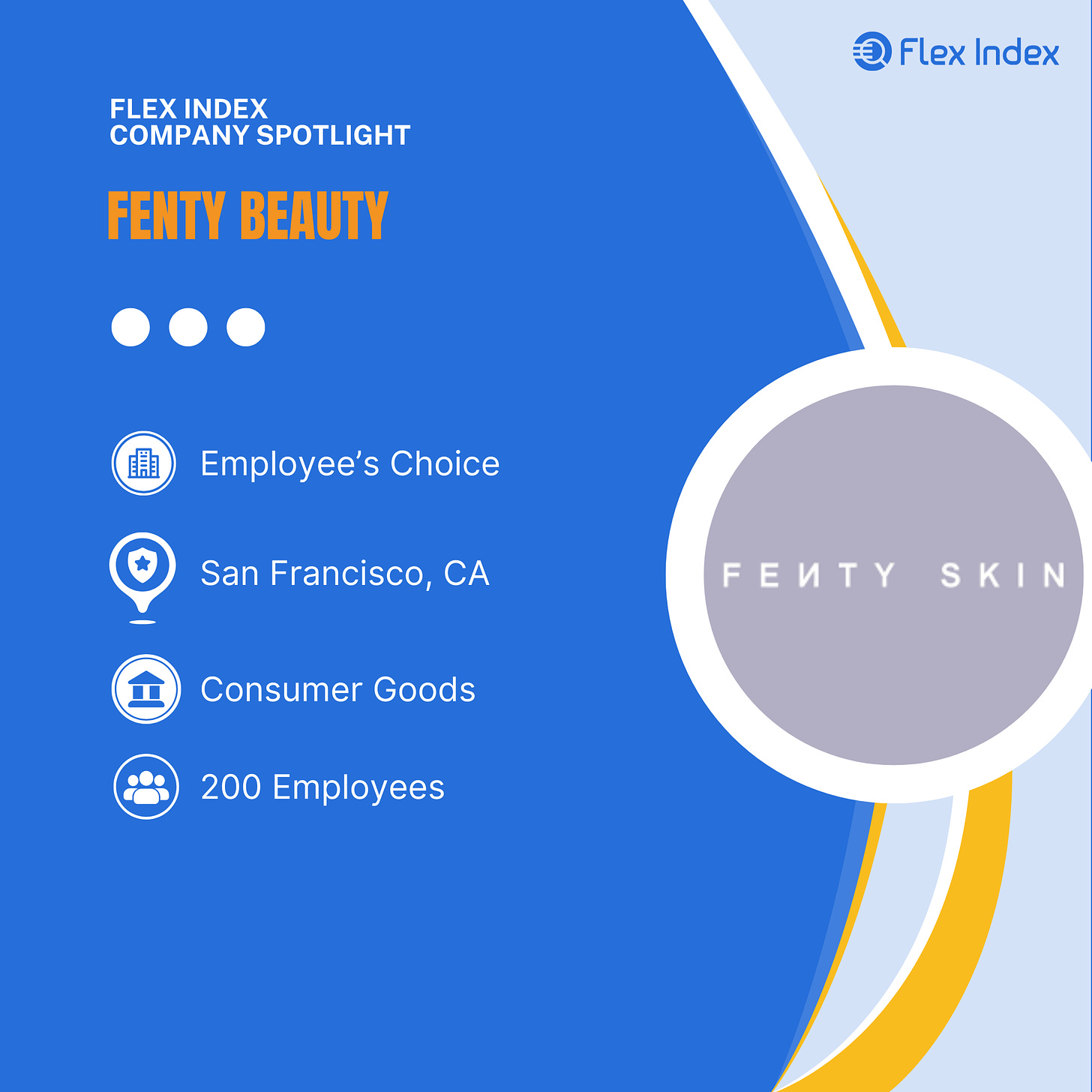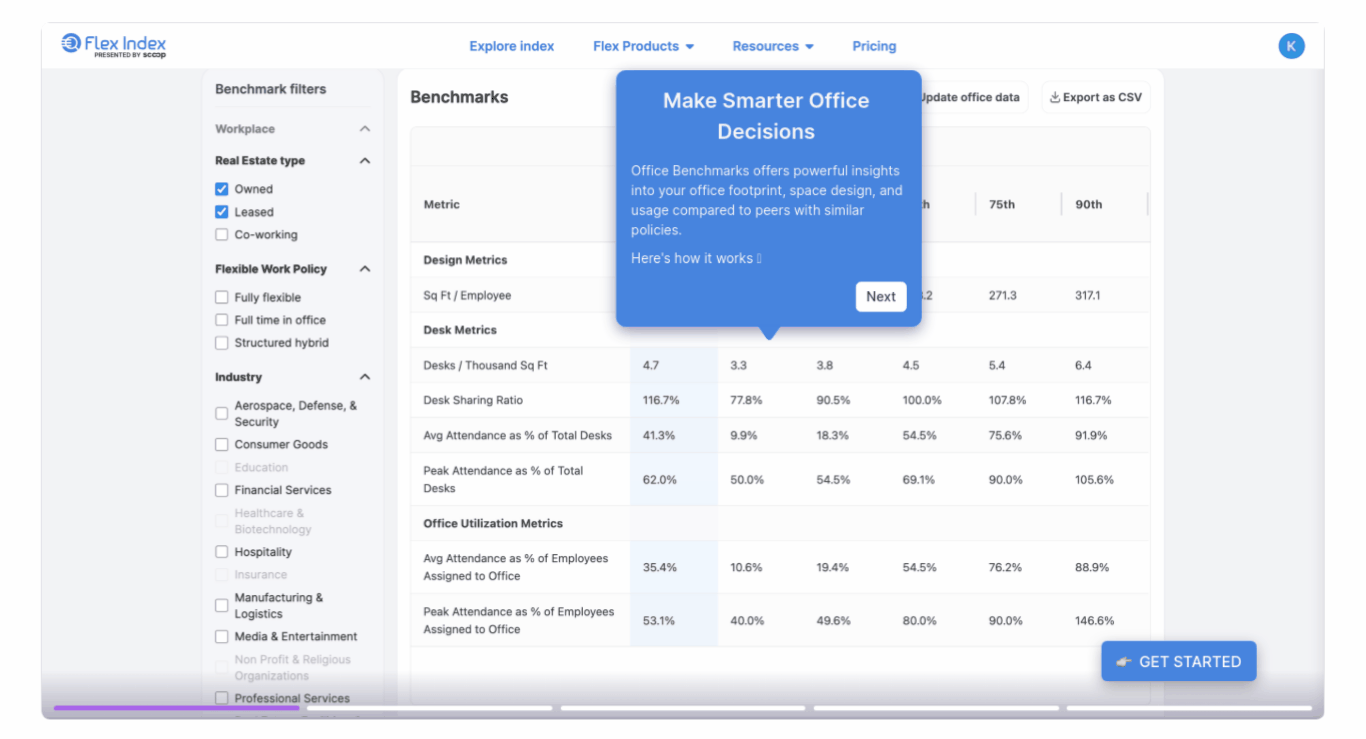Washington Post Makes Headlines with RTO Mandate
Plus, Phil Kirschner on the right metrics to evaluate your company's real estate needs
👋 Happy Tuesday! Baby boomers are staying in the workforce longer than ever, fueled by the flexibility of remote work and new hybrid roles. In the US, the proportion of workers aged 65 and older has seen a remarkable increase, with nearly 20% of Americans in this age group remaining employed – double the percentage from 35 years ago. These older workers now contribute to 7% of all U.S. wages and salaries, a jump from 2% in 1987.
In this week’s edition:
📰 WaPo RTO
🧠 Crafting the Future of Work
🎙️ Real Estate 🤝 HR
Current Subscribers: 7,652
Please forward to colleagues and friends! Link to subscribe.
THIS WEEK’S FLEX FOCUS 🔍
Washington Post Staff Headed Back to the Office
The Washington Post has announced a new policy requiring all employees to return to the office five days a week, reversing the flexible work arrangements implemented in 2020. The mandate will begin with managers on February 3, 2025, followed by all other employees on June 2, 2025. This decision comes as the Post’s owner, Amazon CEO Jeff Bezos, recently set the same RTO mandate at Amazon starting in January 2025.
The Post's publisher, Will Lewis, cites a desire to recapture the "great office energy" that existed pre-pandemic, stating that in-person work is essential for improving the company. However, the Washington Post Guild, the union representing many employees, has pushed back, viewing the policy change as disruptive rather than productivity-enhancing.
The Guild notes that the new policy contradicts the flexible work arrangements that employees have successfully operated under for the past four years. They also point out that the lengthy implementation timeline at least provides time for employees to organize a response.
FLEX WORK QUICK HITS 💥
Stay ahead of the curve with our curated roundup of the trending flexible work stories making waves right now. Here's what you need to know 👇
CNBC: Amazon CEO Andy Jassy denied that the company's new five-day in-office mandate was designed to reduce headcount further or appease city officials.
Forbes: Remote work presents challenges like blurred boundaries and distractions that can offset its flexibility benefits; success lies in deliberately crafting an optimized home setup with proper structure and tools.
Colliers: Remote work is transforming retail. City centers see reduced foot traffic but increased per-visit spending, while suburban and local retail venues benefit from more local engagement.
Fortune: Pinterest bucks the RTO trend, doubling down on flexible work to attract diverse talent while investing in training programs to upskill remote managers.
STAT OF THE WEEK 📈
Smaller Tech Firms More Likely to Embrace Fully Remote Work
Smaller Tech companies are substantially more likely to adopt Fully Remote policies. 42% of Tech companies with less than 100 people are Fully Remote. On the other hand, only 4% of Tech companies with 1-5k employees are Fully Remote, and 0% of Tech Companies with 10k+ employees are Fully Remote.
All sizes of Tech companies have been moving away from Fully Remote models. In June 2023, 67% of Tech companies with less than 100 people were Fully Remote; that’s dropped to 42%. Similarly, in June 2023, 42% of Tech firms with 100-250 people were Fully Remote; that’s dropped to 19%.
FLEXPERT INSIGHTS 🧠
Beyond the HR Playbook: Crafting the Future of Work
Belong and Lead founder Shujaat Ahmad, the former strategy consultant, shares his vision for transforming modern workplaces into platforms for purposeful living. Ahmad, who predicted the rise of remote work before the pandemic, brings a refreshingly practical approach to the often-overcomplicated world of talent management and workplace culture.
During the discussion, Ahmad outlines three waves reshaping today's workplace, from the evolution of DEI initiatives to the ongoing tension around workplace flexibility and AI's emerging role in HR.
His framework breaks down workplace success into three key dimensions: emotional resonance with the company mission, continuous learning opportunities, and the quality of human interactions – a particularly relevant perspective as organizations navigate the post-pandemic landscape.
FLEX PERSPECTIVES 🎙️
ICYMI: The Changing Relationship Between Real Estate and HR | Phil Kirschner
In this throwback Flex Perspectives episode, Rob Sadow is joined by Phil Kirschner, former Senior Expert and Associate Partner at McKinsey with 20+ years of experience transforming complex and global operational processes. Passionate about workplace strategy and employee experience, Phil advises executive teams on post-pandemic work and workplace strategies.
Tune into the episode to learn:
Strategies for aligning real estate decisions with HR priorities
Metrics companies can use to evaluate their real estate needs more effectively
Approaches for rethinking office space requirements in the age of remote work
Also available on Apple Podcasts.
COMPANY SPOTLIGHT ✨
Fenty Beauty is a cosmetics brand founded in 2017 by world-renowned artist Rihanna, offering a diverse and inclusive makeup range for all skin types and tones. Driven by a mission to ensure that everyone feels included, the company initially launched with 40 unique foundation shades, earning global respect and loyalty from customers. Based in the United States, Fenty Beauty products are distributed globally through select retail partners and online platforms.
ONE MORE THING 1️⃣
Add your company to Flex Index
Learn about Office Benchmarks
Share this newsletter with friends and colleagues
FLEX INDEX | OFFICE BENCHMARKS
Office Benchmarks offers powerful insights into your office footprint, space design, and usage compared to peers with similar policies. Maximize your workplace potential and make confident, informed investments.









